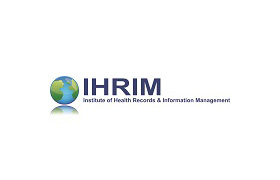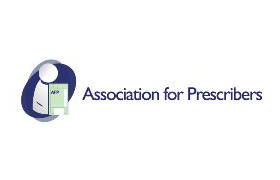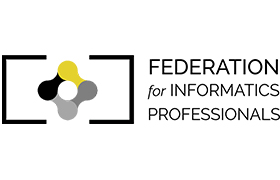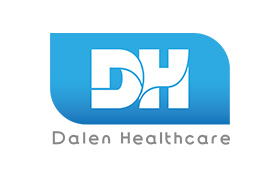News and updates from today's conference focusing on the optimisation of Hospital Electronic Prescribing and Medicines Administration (HePMA). Examining the development of electronic prescribing systems towards advanced eprescribing, closed loop medicines administration and advanced clinical decision support; ensuring the full clinical benefits are achieved.
ePrescribing: National Developments
Professor Ashok Soni OBE
President
National Association of Primary Care (NAPC)
• eprescribing: current developments
• improving the use of data for learning
Ashok opened the conference by discussing the e prescribing national developments. He said 'Electronic Prescribing in hospitals has the potential to improve safety, but there are challenges with implementation'.
He continued by saying 'There is great potential for digitised health in the UK'.
'We need to look at standardising e prescribing across hospitals. It has been found that the prevelence of errors reduced with time following the introduction of electronic prescribing, but it is important to remember the the system will pick up errors but it still requires human intervention, the system can make errors, so you have to make sure you are checking it and correcting it.
In conclusion Ash said 'We must reduce errors and improve safety and we must make sure there is sufficient training to implement this'.
Case studies in managing medication related risks with electronic prescribing
Gillian Cavell
Consultant Pharmacist
Kings College Hospital
• to describe how electronic prescribing and decision support has been used to reduce known prescribing risks for high risk drugs:
• reducing the risk of errors with insulin
• reducing the risk of hypoglycaemia after hyperkalaemia treatment
• reducing risks with amphotericin
• reducing the risk of prescription of duplicate anticoagulants
Gillian opened by discussing a study from Montreal that carrried out an electronic prescribing study which found there was indeed a reduction in medication errors.
Gillian then discussed STOP alerts which have been used at her trust, she said 'The alerts have to be overridden to prevent prescribing errors' she went on to explain some changes they have made to stop further errors including how alphabetical drug lists can be a source of error and steps they have taken to overcome this.
On anticoagulation medication Gillian said 'The alert has improved the safe use of anticoagulants within our organisation'
Gillian concluded by saying 'We are looking at prescribing errors and not admin errors, humans are the biggest limitation'.








